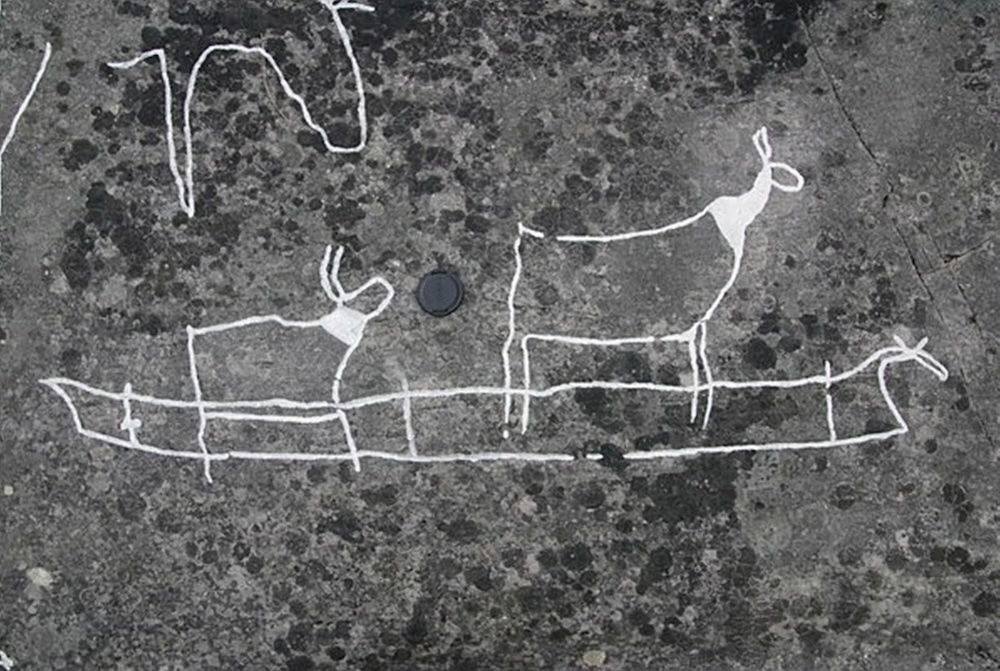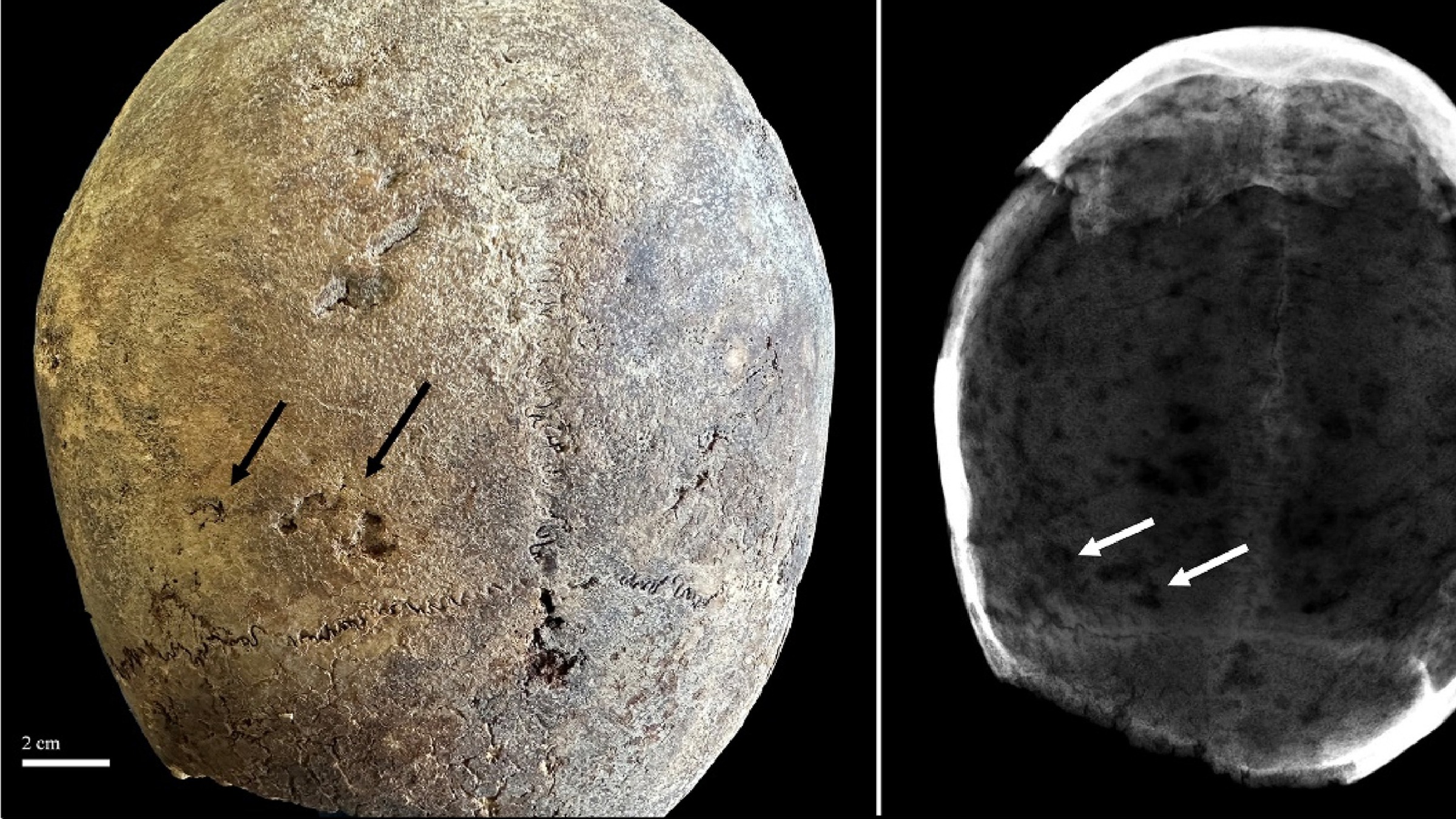JCM, Vol. 13, Pages 3900: Comorbidities, Clinical Presentation, Subtypes, and Treatment of HS Patients in Lithuania
Journal of Clinical Medicine doi: 10.3390/jcm13133900
Authors: Tadas Raudonis Austėja Šakaitytė Tomas Petras Vileikis Vitalij Černel Rūta Gancevičienė Christos C. Zouboulis
Background: Hidradenitis suppurativa (HS) is a persistent, recurring skin inflammatory condition linked to various comorbidities. Management involves antibiotics, hormone therapy, immune-modulating drugs, surgery, and treatment of comorbidities. The objectives of the study were to assess the comorbidities, clinical presentation subtypes, and applied treatment of patients with HS. Methods: Patients with HS who visited the Centre of Dermatovenereology at Vilnius University Hospital Santaros Klinikos in Lithuania underwent evaluation based on the guidelines of the European Hidradenitis Suppurativa Foundation Registry questionnaire. Results: The study included 49 patients, and 61.22% (n = 30) had comorbidities. A strong positive correlation was found between a family history of inflammatory diseases (69.38% (n = 34)) and the severity of HS according to Hurley stage (r = 0.71 p < 0.05). A statistically significant correlation (r = 0.944, p = 0.02) was found between metabolic comorbidities and Hurley stage. Patients on biologic treatment had a mean IHS4 of 7.38 at the beginning of treatment and 3.22 at follow-up (p < 0.05). For patients not on biologics, the initial IHS4 score was 6.21 and 5.42 at follow-up (p > 0.05). Conclusions: A family history of inflammatory diseases and metabolic comorbidities showed a strong correlation with HS severity. Treatment with biologics showed significant improvement in HS scores compared to systemic antibiotics.

 2 months ago
29
2 months ago
29


